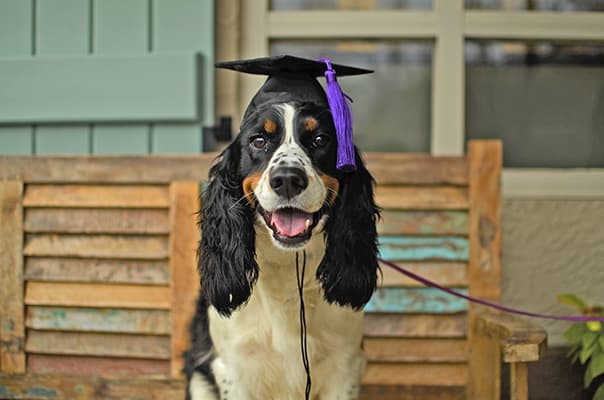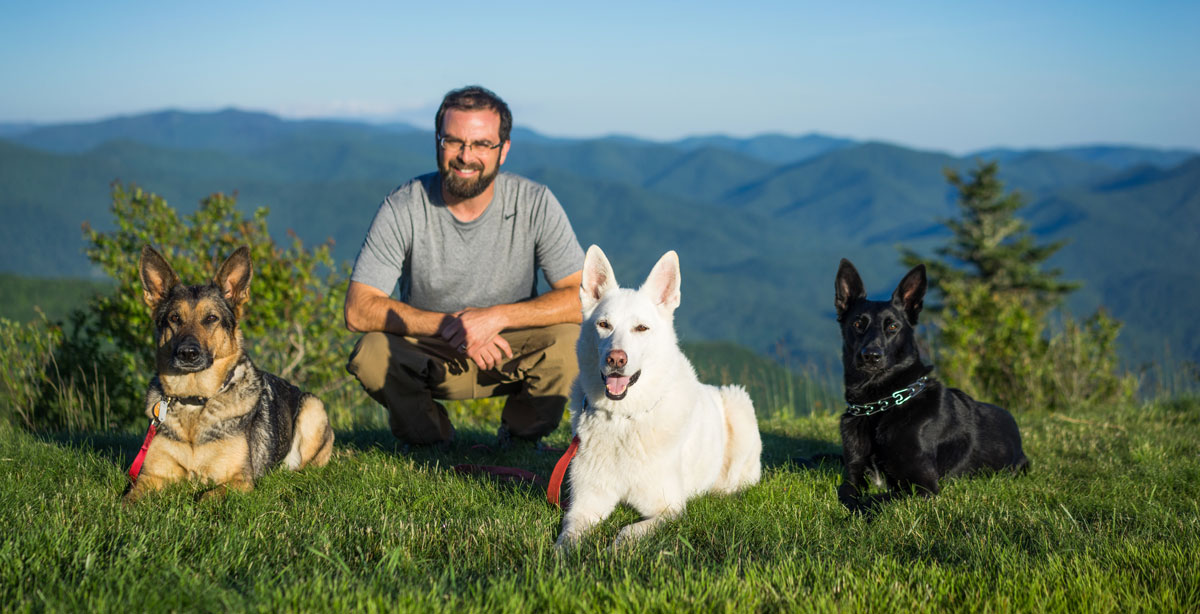Enjoyable Tasks to Enhance Your Dog Training Experience
Enjoyable Tasks to Enhance Your Dog Training Experience
Blog Article
Vital Tips for Successful Dog Training: A Guide for Pet Dog Owners
Reliable pet dog training is a multifaceted process that needs a critical strategy tailored to both the family pet's personality and the proprietor's purposes. Trick elements such as developing regular commands, using favorable support, and helping with very early socializing play crucial functions in fostering a well-adjusted canine friend. However, numerous pet owners experience challenges that can prevent development, causing stress and unpredictability. Comprehending how to navigate these obstacles can considerably enhance the training experience, inevitably changing the partnership in between owner and pet. What are the essential strategies that can be used to make certain success in this venture?
Understanding Canine Actions
Recognizing pet behavior is crucial for effective training and promoting an unified connection in between pooches and their proprietors. Pets communicate mostly through body language, vocalizations, and actions, making it crucial for proprietors to interpret these signals accurately. Recognizing a canine's posture, tail setting, and ear orientation can offer insights into its psychological state. For example, a wagging tail does not always indicate joy; it can likewise indicate excitement or anxiety.

Socialization plays a significant role in pet actions; direct exposure to numerous environments, people, and various other animals can considerably influence a pet's personality. Aspects such as breed qualities and specific character need to assist training approaches, as some breeds might have details behavior traits that require customized approaches. By comprehending these aspects, owners can develop a helpful setting that motivates positive habits, resulting in successful training outcomes and a much deeper bond with their pet dogs.
Establishing Constant Commands
Effective communication with your dog starts with establishing consistent commands. This fundamental element of training is essential for fostering understanding in between you and your pet. Uniformity in the commands you utilize makes sure that your canine can accurately associate particular words or phrases with the preferred behaviors.
When selecting commands, select clear, unique words that are very easy to separate and state from one an additional. Avoid utilizing similar-sounding commands that might perplex your dog. Making use of "rest" and "stay" is proper, however "sit" and "hit" can lead to misunderstandings.
Furthermore, preserve the exact same tone and quantity for each and every command. Pets are sensitive to singing hints, so differing your tone can produce confusion.
It is just as crucial to make sure that all member of the family are on the exact same web page regarding the commands made use of. A united front in command usage will avoid combined signals and strengthen the understanding process.
Positive Reinforcement Techniques
The power of favorable support in pet training depends on its capability to motivate preferred habits via rewards and appreciation. This technique is grounded in the concept that habits followed by beneficial outcomes are most likely to be repeated. By including favorable support right into your training program, you can efficiently shape your pet's habits in a constructive fashion.
To execute positive reinforcement, it's necessary to identify what encourages your pet dog, whether it be treats, playthings, or spoken appreciation. When your pet dog executes a desired activity, such as remaining on command, instantly award them with a reward or love. This association between the command and the favorable result reinforces their understanding.
It's critical to timing the benefits properly; supplying the support within seconds of the wanted actions aids your pet dog make the connection (dog training). Furthermore, consistency is key-- make sure that all relative make use of the same commands and incentive systems to stay clear of confusion

Slowly, you can minimize the frequency of treats as your dog discovers the habits, transitioning to commend or recurring incentives. This approach not look these up just cultivates a solid bond between you and your canine yet additionally advertises a positive learning environment, making educating an enjoyable experience for both.
Socialization and Communication
Constantly exposing your dog to a selection of atmospheres, individuals, and various other pets is critical for their social growth. Socialization needs to begin early, preferably during the important window of 3 to 14 weeks, when puppies are most receptive to new experiences. Older dogs can likewise benefit from recurring socialization initiatives.
Introduce your dog to various settings, such as parks, pet-friendly stores, and urban locations. This exposure helps them adjust to various stimuli, reducing anxiety and worry responses. Encourage favorable communications with other pets and people, making certain that these encounters are risk-free and controlled to foster self-confidence.
Utilize structured playdates with well-mannered pet dogs, as this can boost your dog's social abilities and show them appropriate actions. Obedience courses and training sessions likewise offer outstanding opportunities for socialization, enabling your pet to engage with others in a supervised setting.
Display your pet's body movement during interactions, as this will help you assess their comfort level. Progressively increase exposure to even more tough situations while making sure that each experience declares. A well-socialized canine is more likely to show balanced behavior, making them a delight to have in any kind of setting.
Attending To Usual Training Obstacles
Every dog owner will certainly run into training difficulties eventually, no matter their pet dog's age or socialization level. Recognizing common problems such as stubbornness, diversions, and fearfulness can help in developing reliable techniques for renovation.

Slowly introduce distractions as the pet ends up being much more proficient in commands. Short, constant training sessions are also efficient in maintaining attention.
Terror can prevent a pet dog's knowing procedure. Progressive desensitization to the resource of anxiety, coupled with have a peek at these guys positive reinforcement, can help relieve anxiety. Patience is important; never force a dog into a scenario that creates distress, as this may aggravate the problem.
Inevitably, understanding and addressing these usual obstacles with a structured strategy will certainly foster an extra efficient training experience, reinforcing the bond in between pet dog and proprietor while advertising effective learning.
Final Thought
In recap, effective canine training relies upon a thorough understanding of canine behavior, the establishment of constant commands, here and the application of positive reinforcement strategies. Socializing plays a vital duty in creating well-adjusted pets, while addressing usual training challenges requires persistence and flexibility. By applying these crucial methods, animal owners can foster a solid bond with their dogs and promote desirable actions, eventually resulting in an unified connection between humans and their canine companions.
Recognizing pet habits is important for reliable training and fostering an unified relationship between canines and their proprietors.Socializing plays a substantial function in pet dog behavior; exposure to numerous environments, individuals, and various other animals can dramatically impact a canine's personality.The power of positive reinforcement in dog training lies in its ability to urge desired behaviors through rewards and praise. By incorporating positive reinforcement right into your training routine, you can effectively shape your dog's behavior in a positive fashion.
In recap, successful pet dog training counts on an extensive understanding of canine actions, the facility of consistent commands, and the application of positive reinforcement methods.
Report this page